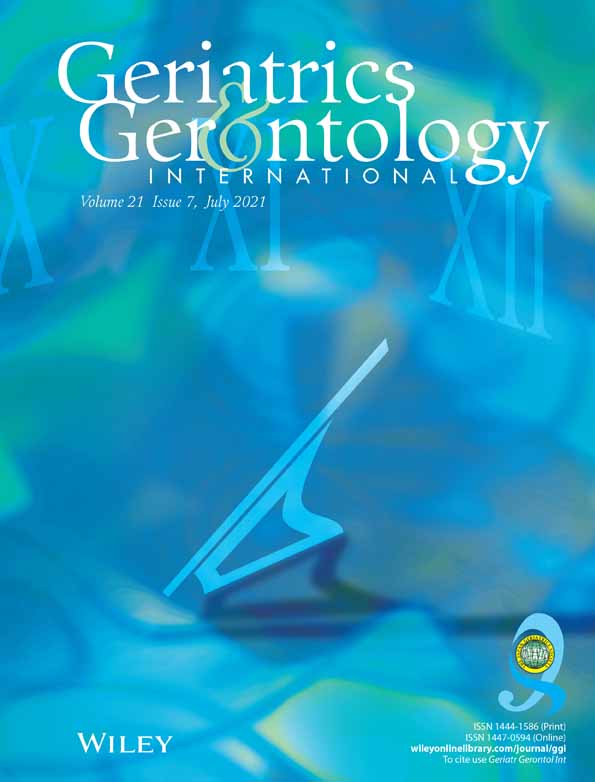Effect of individuals' forecast for their children's economic environment and satisfaction with their relationships with children on their mortality
Abstract
Aim
The aim of this study is to evaluate if the risk of mortality among the elderly Korean individuals is associated with any of the two intergenerational variables: participants' forecast for their children's economic environment (FCEE) and participants' satisfaction with their relationship with their children (SRC).
Methods
Data from the Korean Longitudinal Study of Aging (KLoSA) conducted between 2006 and 2016 were examined. In total, 9937 individuals were included at baseline. The FCEE and SRC were measured using an 11-point Likert scale, which were stratified into four levels: “negative” (0–2), “Moderately negative” (3–5), “moderately positive” (6–8) and “positive” (9, 10).
Results
The Cox proportional hazards model was used to calculate hazard ratios of all-cause mortality across different levels of FCEE and SRC while adjusting for other bio-psycho-social variables. Post-hoc subgroup analyses were conducted to examine how potential confounders contribute to the associations found in our study. Multivariate analyses showed that individuals with more negative FCEE were associated with a greater risk of all-cause mortality. Compared with the “positive” FCEE group, the “negative” group showed a 30.6% increase risk of all-cause mortality (hazard ratio = 1.306, 95% confidence interval = 1.066–1.601, P = 0.010).
Conclusion
The SRC did not exhibit any significant association with the all-cause mortality per multivariate analyses. More negative FCEE was associated with greater all-cause mortality. The FCEE, an individual's appraisal of the financial climate of their children's generation, may be considered a novel correlate of the all-cause mortality in an elderly population. Geriatr Gerontol Int ••; ••: ••–•• Geriatr Gerontol Int 2021; 21: 568–576.




